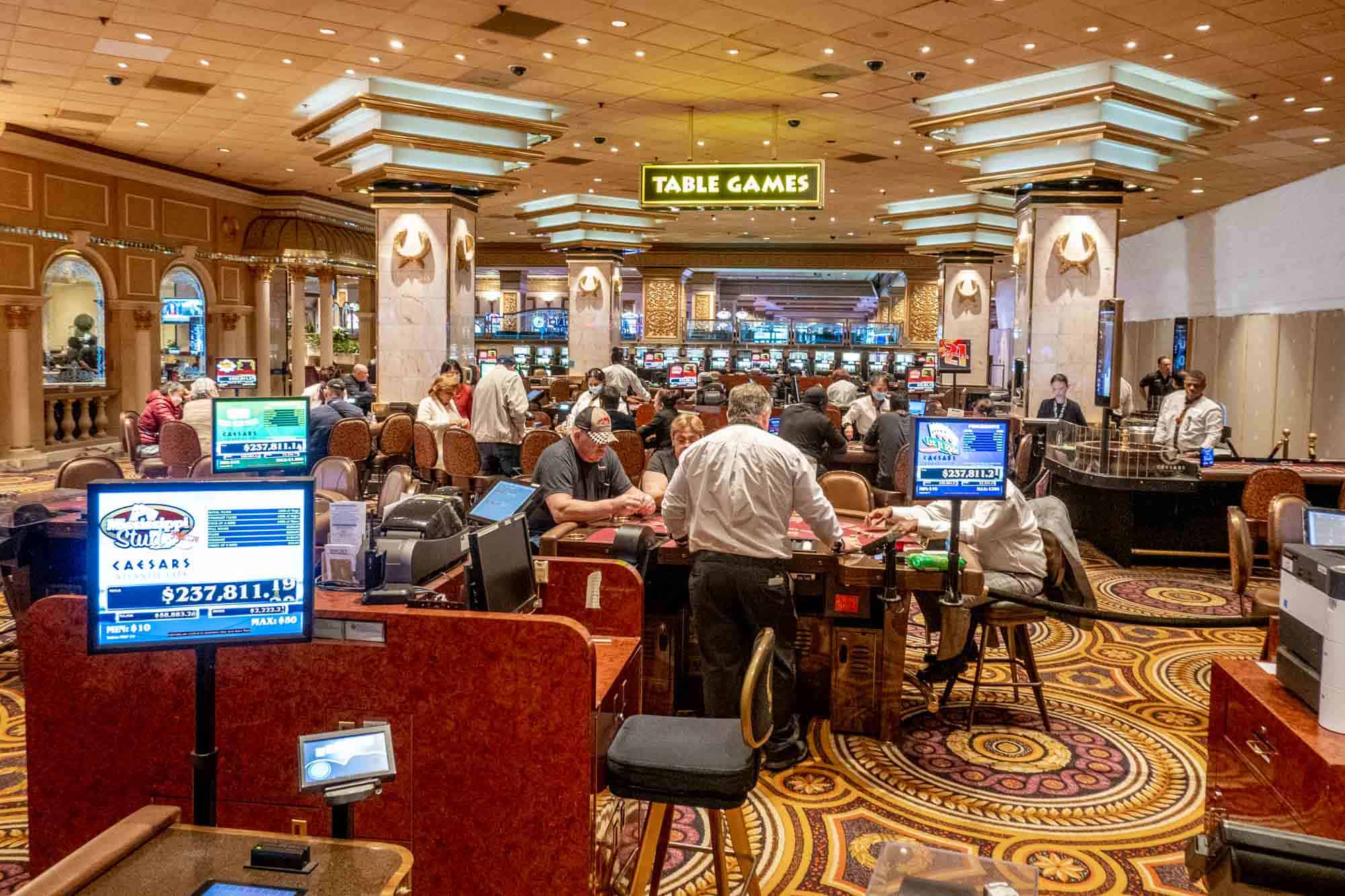Casino Games and Their Role in Pop Culture

Casino experiences have long captured the imagination of individuals around the planet, becoming an essential part of both leisure and society. From the sparkling lights of Nevada to the engaging experience of internet gambling, these activities evoke enthusiasm, danger, and sometimes even a sense of sentimentality. They are more than just hobbies; they have woven themselves into the fabric of society, influencing various aspects from cinema and melodies to style and literature.
The charm of casino games surpasses the gambling aspect, tapping into wider themes of fortune, chance, and psychology. As players gather around a card table or spin the wheel of fortune, they engage in an age-old ritual that echoes with our collective desire for thrill and uncertainty. This fascination has led to the emergence of countless references in movies, tracks, and gaming, showcasing how strongly entrenched these activities are in pop culture. Whether it is the high-stakes tension of a traditional caper or the vibrant nightlife portrayed in recordings, casino games have created a substantial place that reflects our relationship with reward.
Historical Importance of Gambling Activities
Gambling activities have played a key role in social aspects throughout history. Originating from old societies, games of chance were often linked to rituals or gatherings. For example, early forms of these activities can be traced back to ancient Chinese and the Roman Empire, where dice games and wagering on results were popular pastimes. These games not only served as leisure but also as methods of social interaction, facilitating relationships among people within communities.
As cultures evolved, so did the sophistication and organization of casino games. The establishment of formal casinos in the 17th century, particularly in Italy, marked a major shift in how games were perceived and structured. https://tylekeonhacai.blog/ With designated spaces for gaming, the casino became a social hub where patrons from various backgrounds gathered. This change contributed to the validation of gambling, transforming it from a mere pastime into an established industry that shaped the economy and policy.
The effect of casino games on popular culture cannot be understated. As they were brought into the limelight in books and movies, games such as poker and 21 became symbols of risk, chance, and tactics. Famous characters and narratives have emerged around these activities, reflecting societal attitudes towards luck, wealth, and immorality. This interest with casino games has permeated various forms of media, solidifying their status in the public imagination and linking them to wider cultural stories throughout history.
Depiction of Gambling Activities in Media
Gambling games have long been a popular subject in various forms of media, reflecting both the thrill and nuances of gambling culture. Films such as Ocean’s Eleven and Casino Royale portray figures who navigate intense situations, showcasing not only the appeal of the gambling environment but also the strategies and judgments that come with playing popular games like poker and blackjack. These films often dramatize the excitement of winning and the potential results of losing, encapsulating the perils involved in gambling.
TV programs have also explored the universe of gambling activities, often integrating them into the storyline as a backdrop for character arcs and tension. Series like Vegas depict the experiences of casino workers and patrons, highlighting the vibrant, often disorderly energy of the casino floor. CEO Cảm Bóng Đá Docuseries featuring high-stakes betting contests further emphasize the fascination of casino games, drawing viewers into the excitement and strategy involved in each session. Through these portrayals, media not only amuses but also sparks conversations about fortune, expertise, and the essence of randomness.
Digital games have increasingly integrated casino games into their structure, allowing players to recreate the thrill of betting without financial exposure. Games within the realm of online gaming often include virtual slots, online poker, and other popular casino games, creating an interactive experience that mirrors traditional gambling. These virtual portrayals make casino games accessible to a worldwide viewer base, appealing to both gamblers and those who enjoy the excitement of virtual experiences. As a outcome, the representation of gambling activities in entertainment continues to shape societal views and cultural significance, highlighting their role in entertainment and the cultural landscape.
Impact of Gambling Activities on Society
Gambling activities have a significant effect on communities, influencing various facets of culture and social behavior. They often serve as a platform for community engagement, where people come together to enjoy a shared experience. Casino trips with friends or trips to casinos become group events that foster connections and create memories. This collective aspect boosts the entertainment value of gambling activities, making them a popular choice for celebrations and recreational pursuits.
Moreover, casino games have been portrayed in countless movies, TV series, and literature, shaping perceptions and opinions towards gaming and betting. Icons like James Bond competing in baccarat or the intense poker scenes in films have embedded these games in the shared imagination. This depiction often idealizes the culture associated with gambling, attracting new players and impacting trends in both style and conduct. These portrayals can spark curiosity and lead to a deeper exploration of the nuances of gaming.
Nonetheless, there are also adverse implications linked to the widespread appeal of casino games. The temptation of quick monetary gain can lead to problem gambling and economic troubles for some people. Society must contend with these issues, promoting responsible gaming and education of the risks involved. Finding a balance between the fun aspect of gambling activities with the potential for harm is crucial to ensure that they continue to be a positive aspect of our cultural landscape.
